|
When I was in high school, I saw a little movie called Gladiator. I loved it, but for all the wrong reasons. Rather than cheering for the (supposedly) heroic, stoic, and (in my opinion) boring Maximus (Russell Crowe), I found myself rooting for Commodus (Joaquin Phoenix), the murderous, incestuous, and emotionally turbulent villain of the story. I knew he would lose, but I didn’t care. He was interesting, and, despite all the bad stuff he did, I still related to him far more than the hero. Thus began my fascination with twisted, crazy, creepy, villainous characters who more often than not take the form of pale-skinned, blue-eyed brunettes.
Joker is the origin story of Batman’s greatest foe, set in a realistic version of 1980s Gotham. In it, Arthur Fleck (Joaquin Phoenix) is a mentally ill man, working a menial job as a party clown and taking care of his ailing mother, Penny Fleck (Francis Conroy). He has dreams of making it as a stand-up comedian and idolizes talk show host Murray Franklin (Robert De Nero). However, a series of events leads him down the path of violence, chaos, and villainous glory. Naturally, Joker was going to appeal to me. It’s a movie that takes the kind of character I always root for anyway and puts him in the spotlight. The fact that they got Joaquin Phoenix to star in it only made it that much more delicious to me. Before going into the movie, I was keenly aware of the supposed controversy surrounding the movie, about whether or not the Joker was the “patron saint of incels,” and whether this made Joker a movie we needed to watch or a movie to avoid at all cost. I watched it on Sunday of its opening weekend, and my reaction was, as usual, not the right one. I thought Joker was fun. I enjoyed it. I was thoroughly entertained. And because my reaction seems inappropriate, I feel the need to explain it. So here I go. First, and most obviously, I enjoyed Joker because Joaquin Phoenix did a heck of a job acting, and I was completely mesmerized by his performance. I could watch him over and over again. Second, I not only empathized with Arthur, I related to him, and there was no moment where he ever lost my sympathy. Third, within the specific context of this movie, moral justice is upheld—the wicked are punished, the powerless become powerful, and society achieves a warped sense of balance. In that way, the conclusion is emotionally satisfying. I think it’s ironic that most of the fuss revolves around what the movie says about society, how it will influence society, and whether it’s important to society. Joker isn’t a movie about society. It’s a movie about the individual. Joker portrays an individual breaking free from society, with all the joys and pains that liberation incurs. (Warning: The following analysis reveals key character deaths. If you have not seen Joker and want to be surprised, do not read ahead. You’ve been warned.)
3 Comments
Hi everyone. I’m trying out a new section of my blog called “Writing Stories,” where I let you in on how my writing process works. I have no idea if this will be of interest to anybody, but I thought I’d try it out.
I grew up hearing that would-be writers are undisciplined. They moan about Writer’s Block, chase inspiration like butterflies, and never get work done on time. I didn’t want to be like that. For many years, I tried to be disciplined. I set goals, broke my goals into measurable tasks, and tried to accomplish my tasks by a reasonable deadline. Results have been mixed. On the one hand, I can now sit down and write almost anywhere with little to no angst. I write every day, and when I need to, I can write for hours. I have a clear idea of how long it takes me to accomplish a goal and how that goal needs to be broken down into other stages. On the other hand, I’ve learned, rather painfully, that trying to force out chapters sometimes means I miss out on genuine moments of inspiration. While trying to accomplish a single concrete task, I often lose sight of the bigger picture. Constantly doing work leaves me no time to think, learn, and reflect. So this past year, instead of planning my tasks months in advance, I decided to wing it. I was going to listen, day by day, to my own feelings and write whatever appealed to me the most. This meant giving up some of my control over the writing process, but it also meant I wasn’t beating my brain against a computer screen (metaphorically). I’ve enjoyed the process of giving up control, and I feel like the quality of my work has risen as a result. This brings me to Nanowrimo. Title: The Witch’s Daughter
Author: Paula Brackston Genre: Fiction, Historical Fiction, Fantasy? Summary In her lifetime, Elizabeth Hawksmith has gone by many names. She was Bess in 1628, when witch hunters claimed the life of her mother. She was Eliza in 1888, when Jack the Ripper roamed the streets of London. She was Elise in 1917, when World War I ripped the continent apart. But through all those lives, the common thread has always been Gideon Masters: the man who awakened her magical powers. Gideon is the reason she cannot die. Gideon is hunting her, slowly but relentlessly. Modern day Elizabeth has settled down in quiet Willow Cottage, befriending a local teenager named Tegan. But when Gideon looms once more, Elizabeth decides its time to put an end to the threat once and for all. Review I bought The Witch’s Daughter at the same time I bought House of Echoes, while perusing the shelves of Barnes and Noble. I don’t often buy books from the Fiction section, preferring different genres, but I wanted to try some Historical Fiction and this offered a nice sampler. Elements of witchcraft and immortality offered me a fantasy hook. The first few pages were slow, but the lush description gave me an immersive experience. I decided to give the book a chance. The Witch’s Daughter reads like four distinct stories, each set in a different time period: 1628, 1888, 1917, and present-day. Aside from Elizabeth and Gideon, none of the characters cross over. With each era, Paula Brackston begins the set-up anew: here is the setting, here is what Elizabeth is doing now, here are the supporting characters, where is Gideon? If you want a leisurely traverse through dramatic points in history, this structure works nicely. If you want plot and a quick pace, well, you’re out of luck. |
Rebecca LangWriter. Critic. Dreamer. Archives
January 2021
Categories
All
|


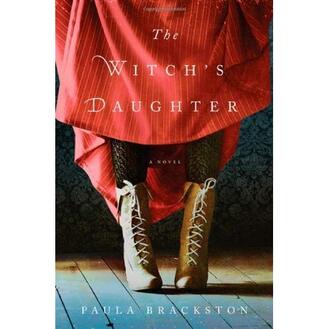
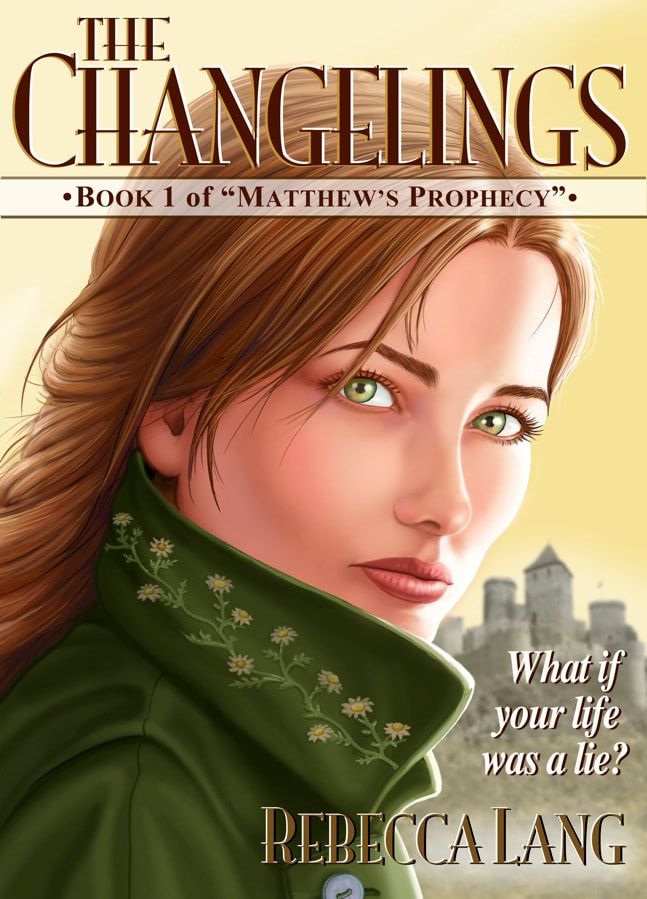
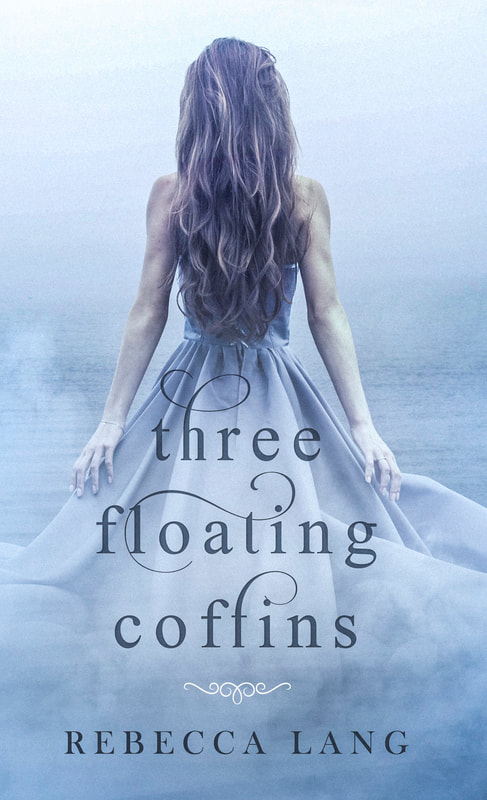
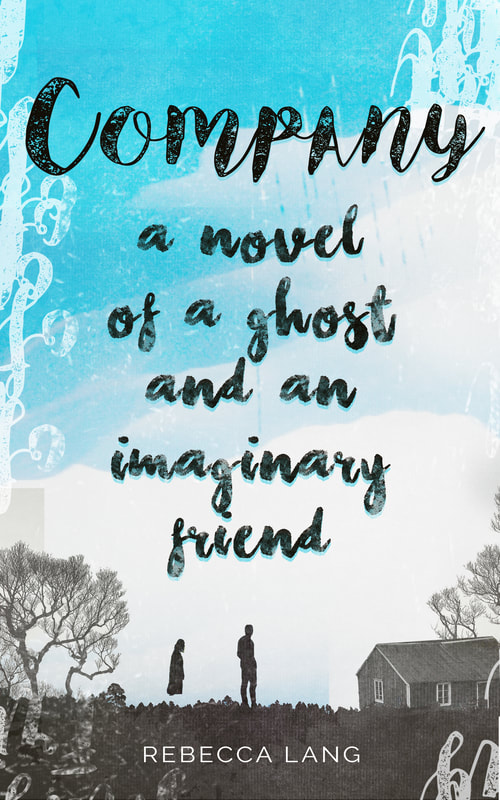
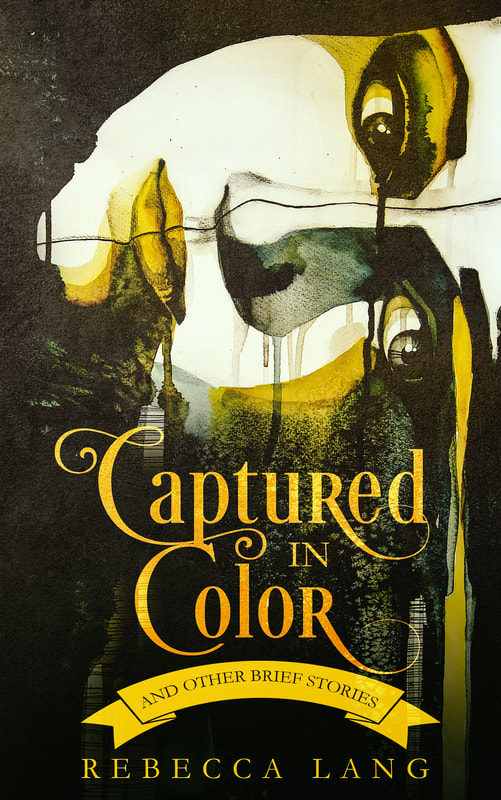
 RSS Feed
RSS Feed